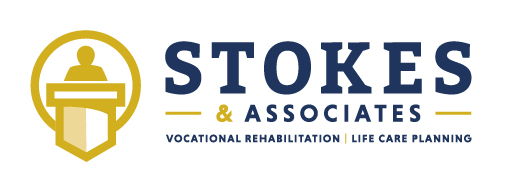Amendments to Federal Rule of Evidence 702- Expert Witness Testimony
Effective December 1, 2023, Federal Rule of Evidence 702 underwent amendments aimed at clarifying how trial judges determine the admissibility of expert testimony. The Advisory Committee on Evidence Rules identified issues related to interpreting and applying Rule 702 language, prompting these changes. The amendments aim to assist in qualifying and admitting expert witnesses.
Key Points:
Purpose of Amendments: The amendments address the reliability of expert testimony. Previously, judges allowed juries to assess information’s reliability. Under the Daubert standard, an expert was qualified if they followed a method and applied it to the facts.
Main Clarification: Qualified experts may testify if the proponent demonstrates to the court that:
It is “more likely than not” that the expert’s specialized knowledge, data, and analysis will help the trier(s) of fact understand the issue.
The opinion is based on sufficient facts or data.
The principles and methods used are reliable.
The expert’s opinion reflects a reliable application of principles to the case’s facts.
Judicial Role: Judges will now decide more frequently, often through Motions in Limine and hearings, whether expert testimony is admissible. The burden lies with the proponent to establish the reliability of information, methods, and opinions presented to the jury. Judges will assess whether the expert applied analytical methods reliably.
Recommendations:
Early Engagement: Engage an experienced and qualified expert early in the process.
Specialization: Choose an expert with specialization relevant to the case.
Citation of Relevant Standards: Ensure that expert reports explicitly cite professional standards and guidelines that drive methodology and final opinions.
